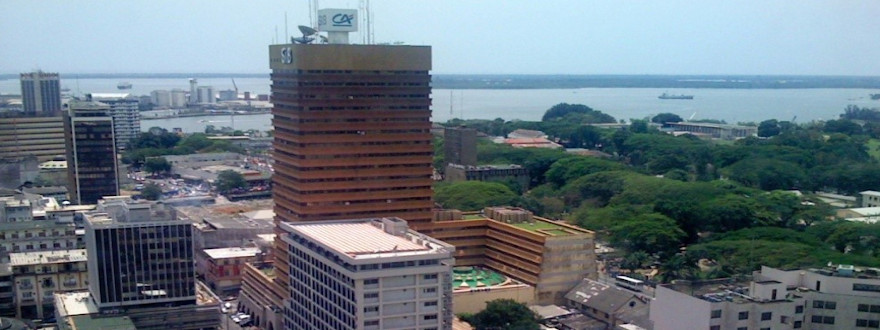Company Registration In Ivory Coast | Business Registration in Ivory Coast
Ivory Coast at a Glance | Country Overview
Here is what you need to know about the economy before you engage in Company Registration In Ivory Coast | Business Registration in Ivory Coast – Ivory Coast is a tropical country in southern West Africa on the Gulf of, it is bordered by Burkina Faso, Liberia and Guinea, and Ghana. The country’s official name is the Republic of Côte d’Ivoire.
Population of Ivory Coast: 19,262,000. Area of Ivory Coast: 322,460 km2.
Ivory Coast is ranked 110 among 190 economies in the ease of doing business, according to the latest World Bank annual ratings. The rank of Ivory Coast improved to 110 in 2019 from 122 in 2018.
The official language is French, which was adopted during the colonial era. This language, along with Dioula, is taught in schools and acts as the common language in the nation.
Broad Economic Overview:
There are numerous investment opportunities in Ivory Coast and the top performing industries include the following;
- Agriculture
This is the Ivory Coast’s economic backbone and primary source of growth. It is a significant producer and exporter of coffee, palm oil, and cocoa beans, and the world’s largest producer and exporter of cocoa beans.
Agriculture accounts for 29.2% of GDP. The agriculture sector’s untapped potential is large, creating an ideal market gap for foreign investors to enter.
- Mining
Ivory Coast, a member of the Extractive Industries Transparency Initiative (EITI), has recently developed a mining investment code that is highly appealing to foreign direct investment (FDI).
Ivory Coast currently operates seven gold mines, four manganese mines, one bauxite mine, and one nickel/copper mine, with another half-dozen iron, manganese, nickel, and columbite/tantalite mines in the works.
The mining sector in Ivory Coast and West Africa in general is clearly expanding, opening up a plethora of business opportunities in drilling, blasting, transportation and haulage, drainage, mineral resources, machinery procurement, and chemical reagent management.
- Energy
The primary energy sources in the country are hydropower, oil, natural gas, and biomass. Biomass accounts for 70% of total energy consumption. In terms of energy efficiency and renewable energy, the country has vast untapped resources. Energy is central to Côte d’Ivoire’s development strategies.
- Tourism
The growth of the tourism industry can be seen as part of a wider trend of rising interest in African Tourism, this has led to creation of business opportunities in transportation, Accommodation, Food and beverage, Recreation, Entertainment and travel services.
- Transport
Ivory Coast has invested heavily in its transportation system. The infrastructure for transportation is far superior to that of other West African countries. Ivory Coast has prioritized expanding and modernizing its transportation network for both people and goods since its independence in 1960.
Railways, roads, waterways, and airports were among the major infrastructures built, creating a favorable environment for the country’s exports and imports.

